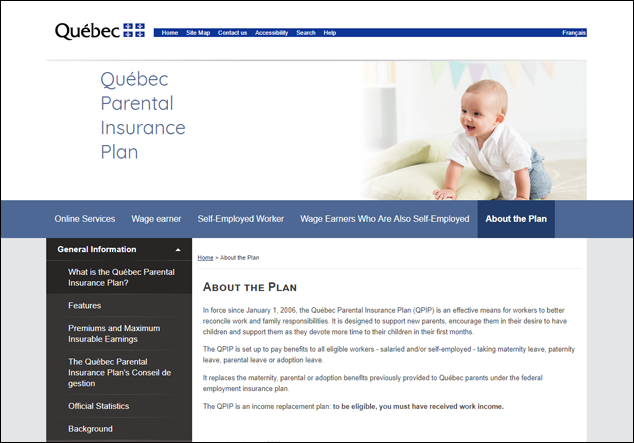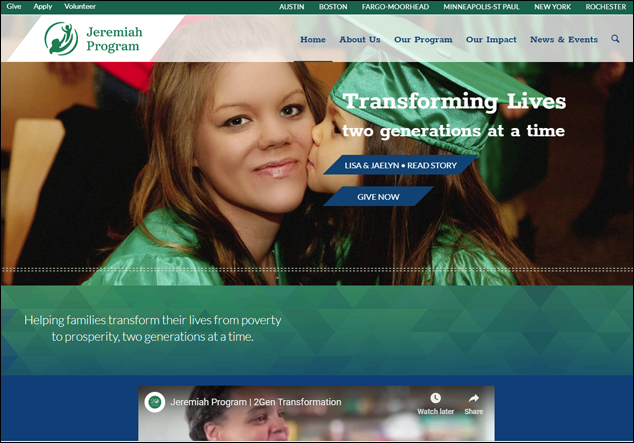Why This Strategy Matters
Insights from residents show that parents are concerned over the cost of childcare, as well as the quality of care available. According to research by ChildCare Aware of America, single parents in New York State paid an estimated 56% of their income on center-based childcare, or 41% of income for home-based childcare in 2017. These high costs force some parents to make a hard choice between working full time and paying for costly childcare they might not entirely trust, or working part time, or not at all, to care for their children at home. By expanding affordable childcare options, parents, especially single parents, will have a better opportunity to work, giving them additional money that can be spent on food, clothing, and housing for their children.



